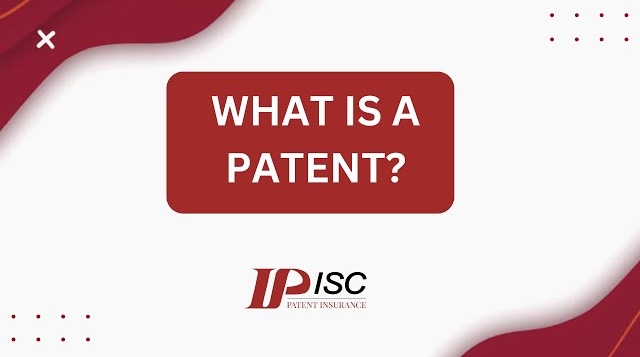Innovation is a crucial part of human development. For inventors who have developed a product or process, it is important to protect the hard work and investment that have gone into the innovation. In this post, we share what patents are and the protection they offer for those with innovative products and solutions.
Defining Patents
A patent allows the owner to exclude others from making, using, importing, offering for sale, or selling products that contain their patent. There are three kinds of patents: utility patents (which are given to inventions that are new/improved processes, machines, or useful goods), design patents (which are given to inventions with new, unique, ornamental designs), and plant patents (which are given for inventing or discovering a new and distinct plant species).
Patents offer protection for inventors who have spent time, money, and effort to bring their inventions to life. A patent gives its inventor the sole rights to sell, contract, create, etc. the contents of the patent for up to 20 years. This time allows the inventor to profit from their invention and make back their initial investment in it. After 20 years, the invention is no longer protected and becomes something that other inventors can use in future products.
By setting a duration on the length of a patent, inventors can incorporate newer, more complex aspects that they may not have made into their works. This limit also ensures that no one person or company can hold the rights to inventions indefinitely. If every single inventor had to be licensed to use, let’s say, screws, their ability to create would be hampered. The spirit of intellectual property laws is to reward creators for their work while also fostering invention!
Protecting Your Patents
Protecting your innovations against infringement is important and should be taken seriously. IPISC provides insurance for when infringement results in a lawsuit. Carrying an enforcement insurance policy is a great way to protect your intellectual property and yourself from costly litigation. Click here to learn more about our enforcement policy and how IPISC can partner with you in innovation.


